
Dr. Piyush Gupta is one of the leading gastroesophageal reflux disease specialists in North Delhi, offering advanced and personalized care for acid reflux, GERD, and related gastrointestinal conditions. With years of expertise in medical and surgical gastroenterology, Dr. Gupta provides comprehensive GERD treatment in North Delhi, ensuring long-term relief and improved digestive health.
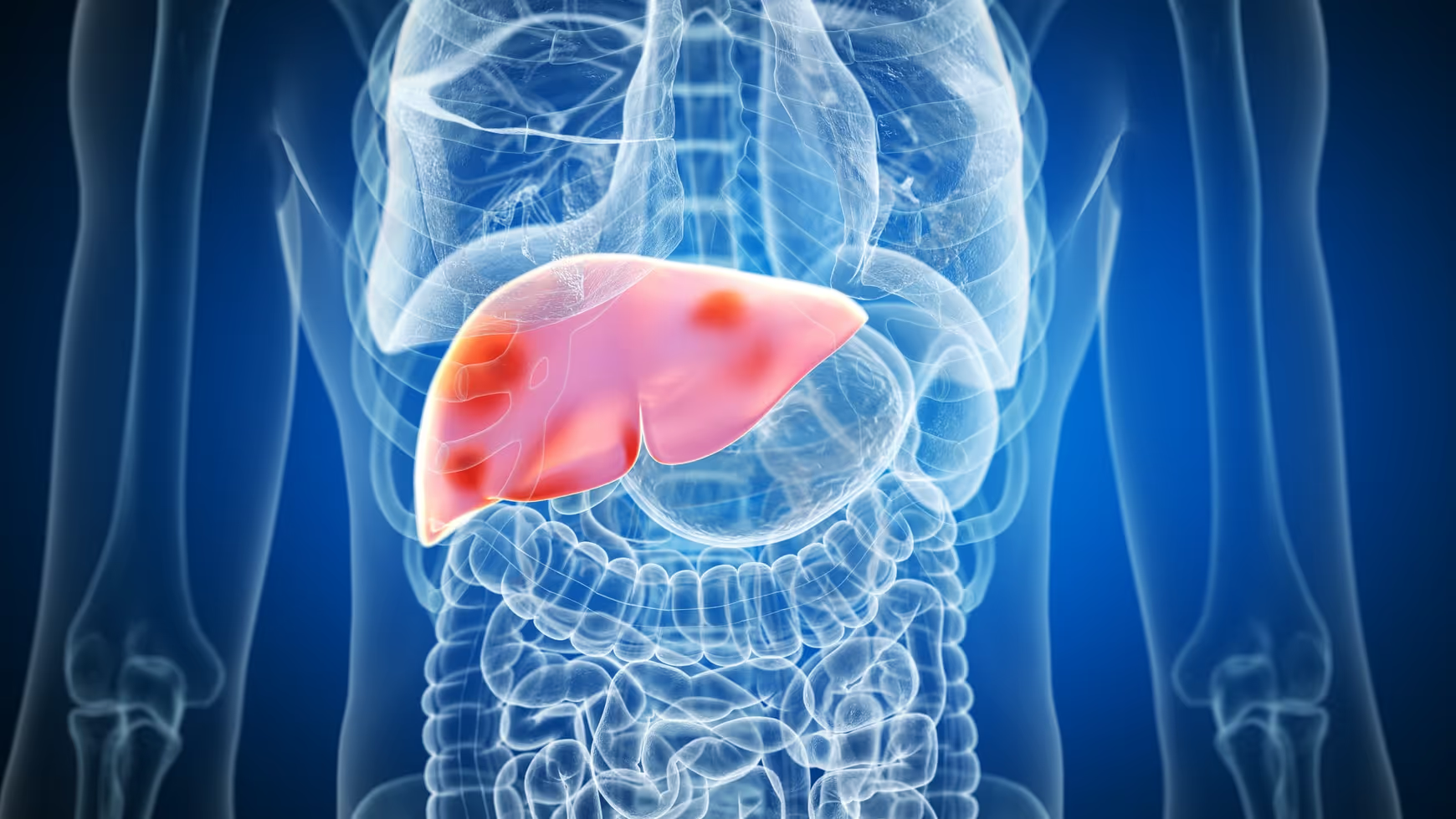
Whether you are suffering from fatty liver, hepatitis, cirrhosis, or other liver-related conditions, Dr. Gupta provides comprehensive liver disease treatment in North Delhi, tailored to your specific medical needs. He focuses on early diagnosis, lifestyle modification, and cutting-edge treatment protocols to restore liver function and prevent complications.
Liver disease refers to any condition that affects the normal structure or function of the liver, one of the body’s most vital organs. The liver plays an essential role in digestion, metabolism, detoxification, and nutrient storage. When the liver becomes damaged or inflamed, it can interfere with these vital processes, impacting overall health and wellbeing. Liver disease can develop gradually over time or occur suddenly, depending on the type and underlying factors. Managing liver disease requires timely medical attention, accurate diagnosis, and a treatment plan tailored to individual needs to help maintain liver function and prevent further complications.
1.Hepatitis: Hepatitis refers to inflammation of the liver, which can result from various infections or immune reactions. The condition can be acute or chronic, depending on how long it lasts and the extent of liver involvement. Chronic hepatitis can gradually damage liver tissue and impair its ability to perform vital functions such as detoxification and metabolism.

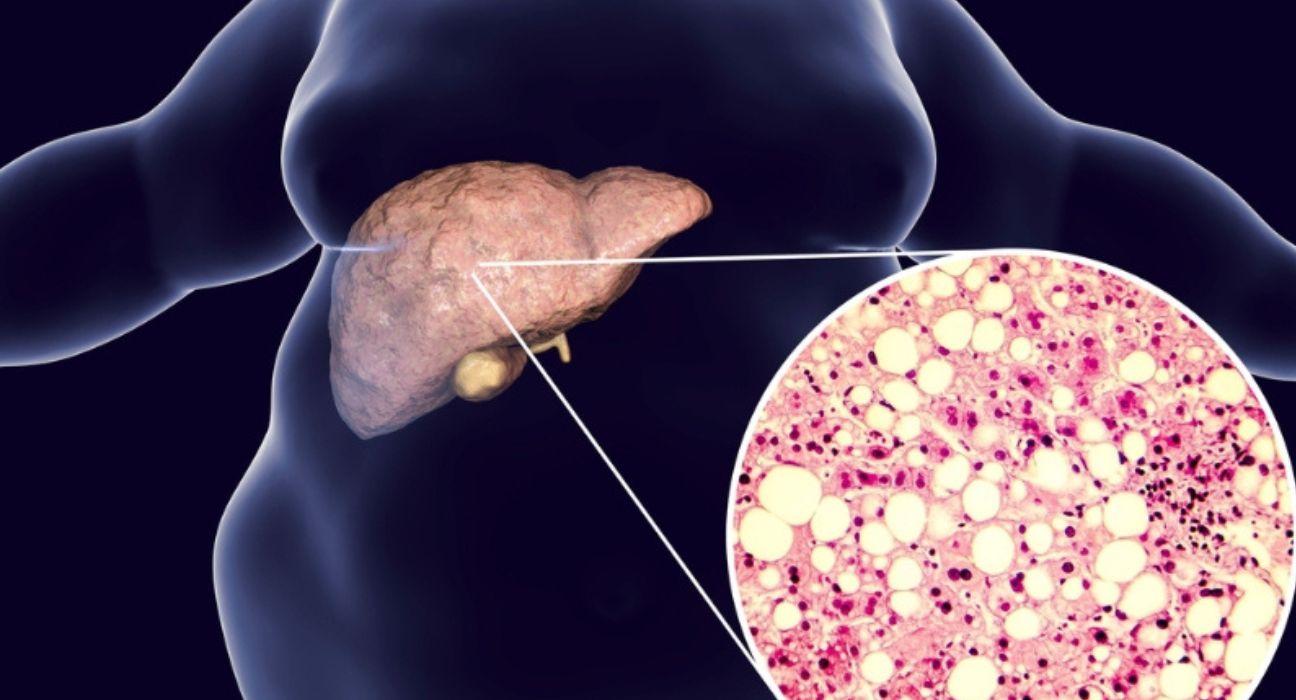
2. Fatty Liver: Fatty liver disease occurs when there is an excessive accumulation of fat in liver cells, which interferes with its normal function. It is one of the most common liver disorders seen today and can be broadly classified into alcoholic and non-alcoholic fatty liver disease. Over time, untreated fatty liver can progress to inflammation or scarring of the liver tissue.
3. Cirrhosis: Cirrhosis is a late-stage liver condition characterized by the permanent scarring (fibrosis) of healthy liver tissue. This scarring interferes with the liver’s normal structure and blood flow, reducing its ability to process nutrients, hormones, and toxins. Cirrhosis develops gradually over time due to chronic liver damage and can lead to serious complications if not treated promptly.
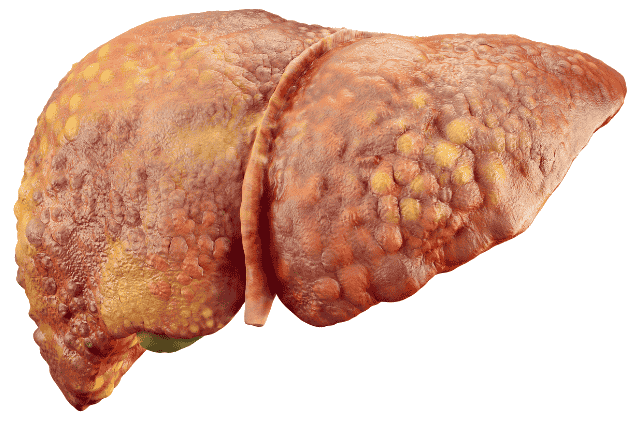
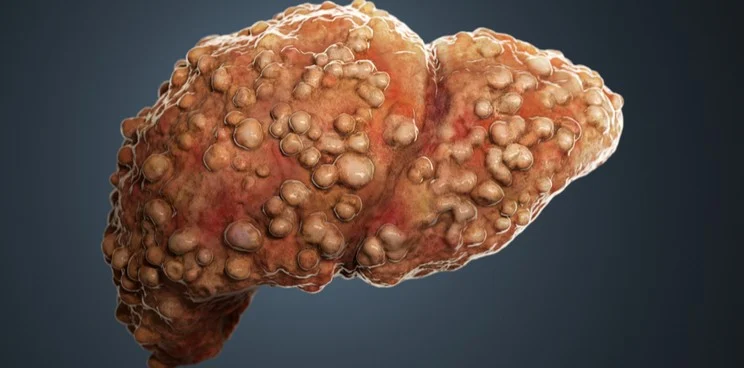
4. Liver Fibrosis: Liver fibrosis occurs when the liver attempts to repair itself after injury or inflammation, leading to the accumulation of excess scar tissue. In the early stages, fibrosis may not cause noticeable symptoms but gradually affects liver elasticity and function.
5. Liver Failure: Liver failure is a severe and life-threatening condition where the liver loses its ability to function effectively. It can occur suddenly (acute liver failure) or develop gradually over time (chronic liver failure). Since the liver is responsible for numerous critical processes, its failure affects nearly every system in the body.
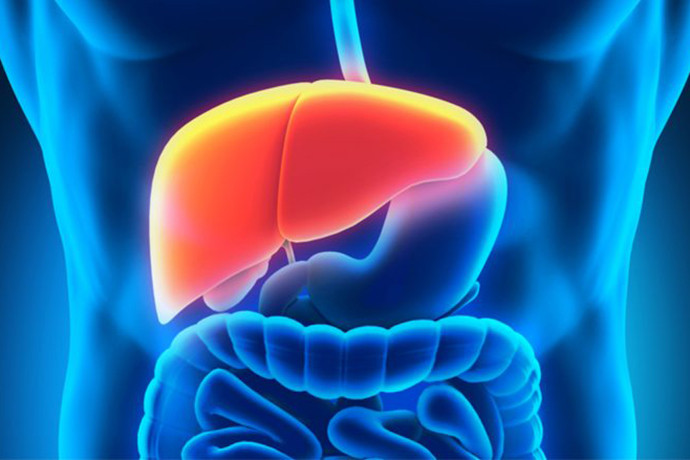

6. Liver Cancer: Liver cancer develops when abnormal cells grow uncontrollably in the liver. It can begin in the liver itself (primary liver cancer) or spread from other parts of the body (secondary liver cancer). This condition affects the liver’s ability to filter toxins and perform normal metabolic processes.
Liver disease is a serious but often preventable condition. Early detection and management can greatly improve outcomes and prevent complications like cirrhosis or liver cancer. By adopting healthy lifestyle habits, getting vaccinated, and seeking timely medical care, individuals can protect their liver and ensure long-term health.
Liver disease is a broad term that refers to any condition affecting the liver, such as hepatitis, fatty liver disease, cirrhosis, or liver cancer. Since the liver plays a vital role in digestion, detoxification, and metabolism, its damage can affect the entire body.
Symptoms may include fatigue, yellowing of the skin and eyes (jaundice), dark urine, pale stool, swelling in the abdomen or legs, nausea, vomiting, loss of appetite, and easy bruising or bleeding.
The most common causes include viral infections (like hepatitis A, B, and C), excessive alcohol use, obesity (leading to non-alcoholic fatty liver disease), genetic conditions, autoimmune disorders, and long-term use of certain medications.
Prevention includes maintaining a healthy weight, limiting alcohol intake, avoiding sharing needles, practicing safe sex, getting vaccinated for hepatitis A and B, eating a balanced diet, and avoiding unnecessary medications or toxins.
Treatment depends on the type and stage of liver disease. Some conditions, like fatty liver, can be reversed with lifestyle changes. Hepatitis infections may be treated with antiviral medications. Advanced conditions like cirrhosis may be managed but not fully cured, and in severe cases, a liver transplant might be necessary.